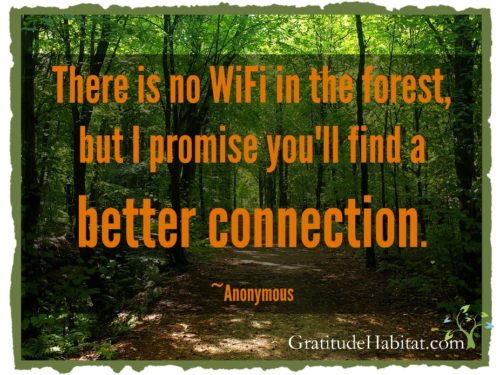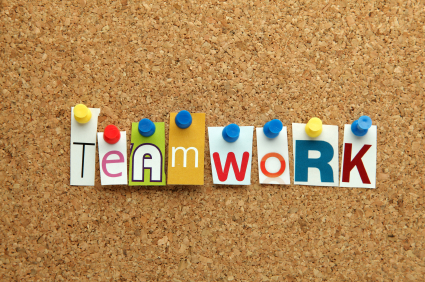Living In Gratitude: 10 Tips on Disconnecting From Your Digital Devices
Digital media is everywhere and most of us are engaged in its use on a daily basis, both personally and professionally.
Digital media is defined by the Digital Media and Society report as “products and services from the media, entertainment and information industry, it includes digital platforms (websites and apps), digitized content (text, audio, video, images) and services (information, communication, entertainment) accessed via a variety of digital devices.”
Life as we know it has changed thanks to digital media, including how we connect and collaborate. Hyperconnectivity, the increasing digital interconnection of people and things, has done much to improve our quality of life including speeding up the dissemination of knowledge and information, building bridges over the boundaries of time and location, and fostering unparalleled levels of communication and social interaction.
Many of digital media’s positive effects are found in our professional lives. We can collaborate and communicate more easily with people around the world. We can improve our skills via online courses. We can work virtually.
But digital media has its downfalls, and quite a number of those affect us physically and mentally. Research has shown that people who overuse digital media show a decline in long-term memory, have shortened attention spans, spend less time doing physical activities, exhibit more stress, and many are vulnerable to addictive behaviors.
Digital media has blurred the boundaries between our private and professional lives. We are always “on,” checking work emails and answering urgent work texts and calls while at home, at weekends or while on vacation. Everything has a new sense of urgency. We can be reached anytime, in any place.
Even when we aren’t working, we seem unable to step away from the beckoning call of our smartphones, tablets, and laptops. We spend more time online than we do sleeping. Our hunger to know what is happening, to see and be seen is like dough proofing in a warm digital environment, it continues to grow and expand. We are drawn to answer a text immediately, check social media numerous times daily, watch videos, shop, work….
Digital media has been a catalyst in the alteration of our social interactions. Now, we keep in touch virtually. We text and post rather than talk and visit face to face. Yes, digital media has enabled us to keep in touch with people far away more easily but our devices are, in many ways, causing us to turn inward, resulting in social atrophy.
How often have you seen a family or group of friends out to dinner and instead of talking to each other, the people they are physically surrounded by, each of them is on their phone, posting on social media or texting someone who isn’t physically there?

Are we becoming less adept at communicating and connecting face-to-face because of digital media? Are we becoming dependent upon it as a veil, a barrier that protects us and shows the world what we want to project? We post about our exciting vacation, our new relationship, our promotion. Through filters and carefully crafted statements, we share a skewed reality with the world rather than being our authentic selves. If we don’t get enough likes, our self-esteem and self-worth are knocked down.
There is nothing inherently wrong with digital media, as long as we embrace the opportunities it provides while avoiding the risks. Use it to further your education and skills, to promote global collaboration and communication, to stay in touch with those you can’t or don’t see often. But make time for yourself and those close to you. Turn off the TV, silence your smartphone, set down your tablet and power down your PC.
Below are 10 tips for disconnecting from your digital devices and reconnecting with yourself & others:
- Turn off notifications so you won’t be tempted to check your phone every time it ‘buzzes’
- Unfollow/unfriend toxic people and posts
- Create tech-free rooms in your home
- Go for a walk or a bike ride without your phone
- Make a point to connect with others face-to-face
- Put all digital devices away during meals and social interactions to encourage interaction and communication
- Avoid checking or responding to work emails when at home
- Set morning and evening Do Not Disturb times on your phone to avoid receiving texts and alerts
- Turn off digital devices one hour before bedtime to promote healthful sleep
- Keep a gratitude journal to encourage acknowledgment of the beauty and abundance of life
There is no denying we live in a digital world. The key is to balance its positive use while continuing to be true to ourselves, connect one-on-one with others, and encourage kindness and tolerance.
May your day be filled with gratitude and good things.
![]()








